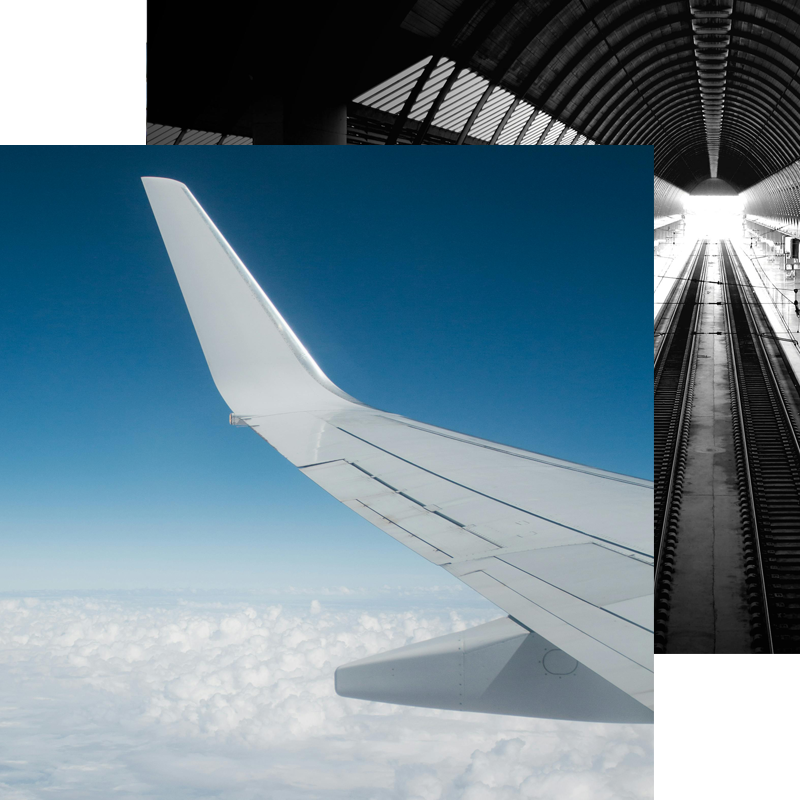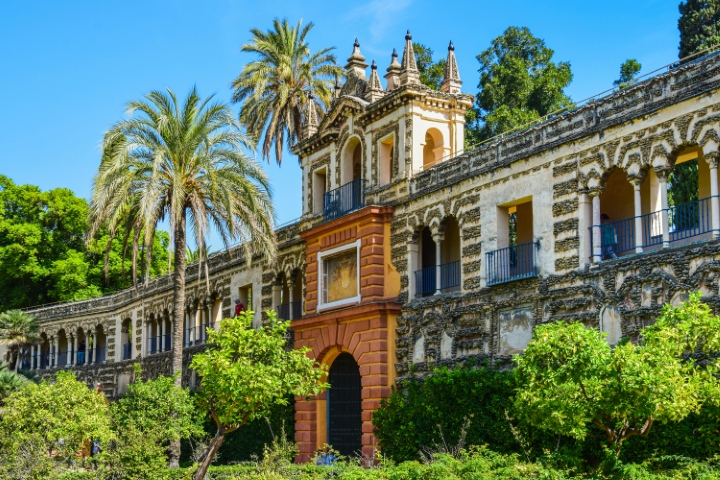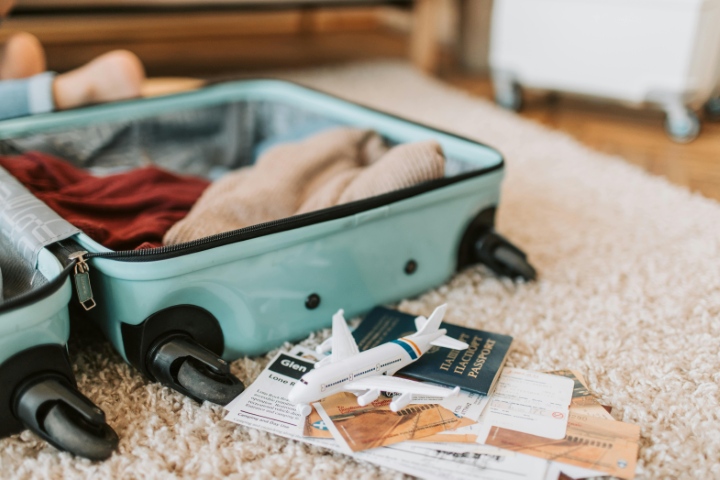Student Resources
How to get to Sevilla
The best way to get to Sevilla from the USA is to fly to Madrid. Currently, airlines have direct flights to Madrid from Atlanta, Boston, Charlotte, Chicago, Dallas/Ft.Worth, Los Angeles, Miami, New York, Philadelphia, San Francisco, and Washington, D.C.
Once in Madrid, your best options to get to Sevilla are by plane or by train. Flights are very short, and you can check options on Skyscanner, Google Flights, or Iberia.
By train, take a taxi from Madrid airport to Atocha station to catch the high-speed AVE train. Public transport exists but is not recommended with luggage or if you are unfamiliar with the area due to pickpocket risks. AVE tickets can be purchased in advance online at www.renfe.es or at the station, using a credit/debit card or PayPal.

Welcome Orientation
Education Abroad Sevilla offers an in-country orientation to help you adjust to your new temporary home and provides the essential information to confidently navigate your surroundings.
The orientation covers important topics such as health and safety, local transportation, living with host families, and classes and excursions.
FAQs
Documentation & Travel
-
What if I don’t have a passport or need a visa? Students must obtain a passport, and a Spanish Student Visa is required for stays over 90 days. EAS can assist with semester program visas.
-
When can I book flights and train tickets? Check with your Study Abroad advisor before booking. Train tickets from Madrid to Sevilla can be purchased in advance or at the station, depending on personal preference and schedule.
Program & Housing
- What does the program fee include? Housing, meals, excursions, orientation, health insurance, one bus pass, and program fees. Airfare and personal expenses are not included.
- Can I request specific housing or roommates? Students fill out a housing questionnaire; EAS tries to accommodate preferences, including living alone, but not all requests are guaranteed.
Health & Safety
- What health insurance and emergency support is provided? Group health insurance covers doctor visits and some specialized care. Local staff are trained for emergencies and support students with medical or personal issues.
- Can I bring medication? Bring prescription medication in your carry-on; local doctors can prescribe equivalents if needed.
City & Miscellaneous
- Is Sevilla walkable and what’s the weather like? Sevilla is very walkable with good public transport. It has a Mediterranean climate: hot summers (up to 110ºF) and mild winters (around 50ºF).
- Will my credit/debit card work and should I get a Spanish SIM card? Visa and MasterCard are widely accepted; consider a Spanish SIM or eSIM for local communication, especially for emergencies or internships.


